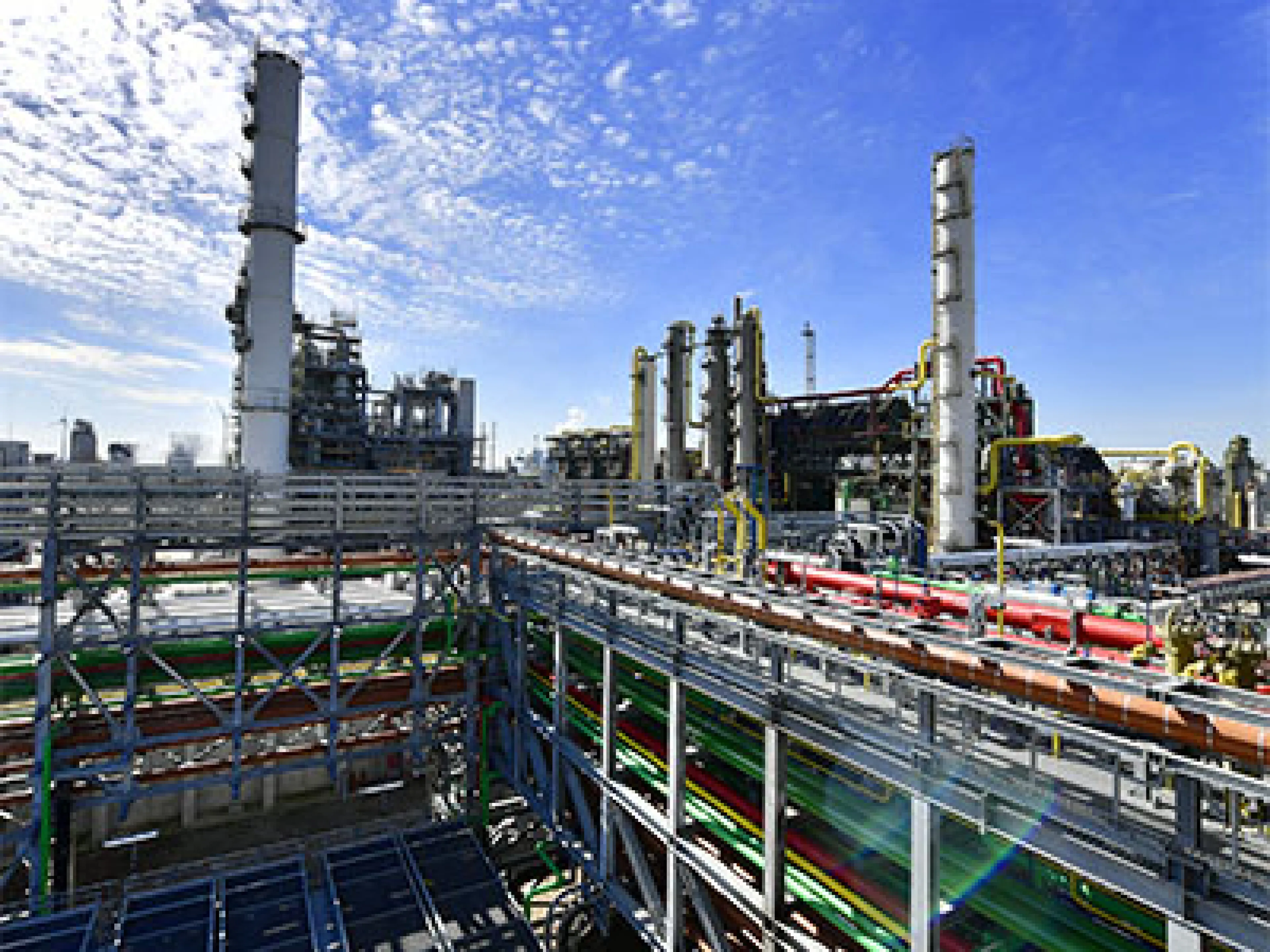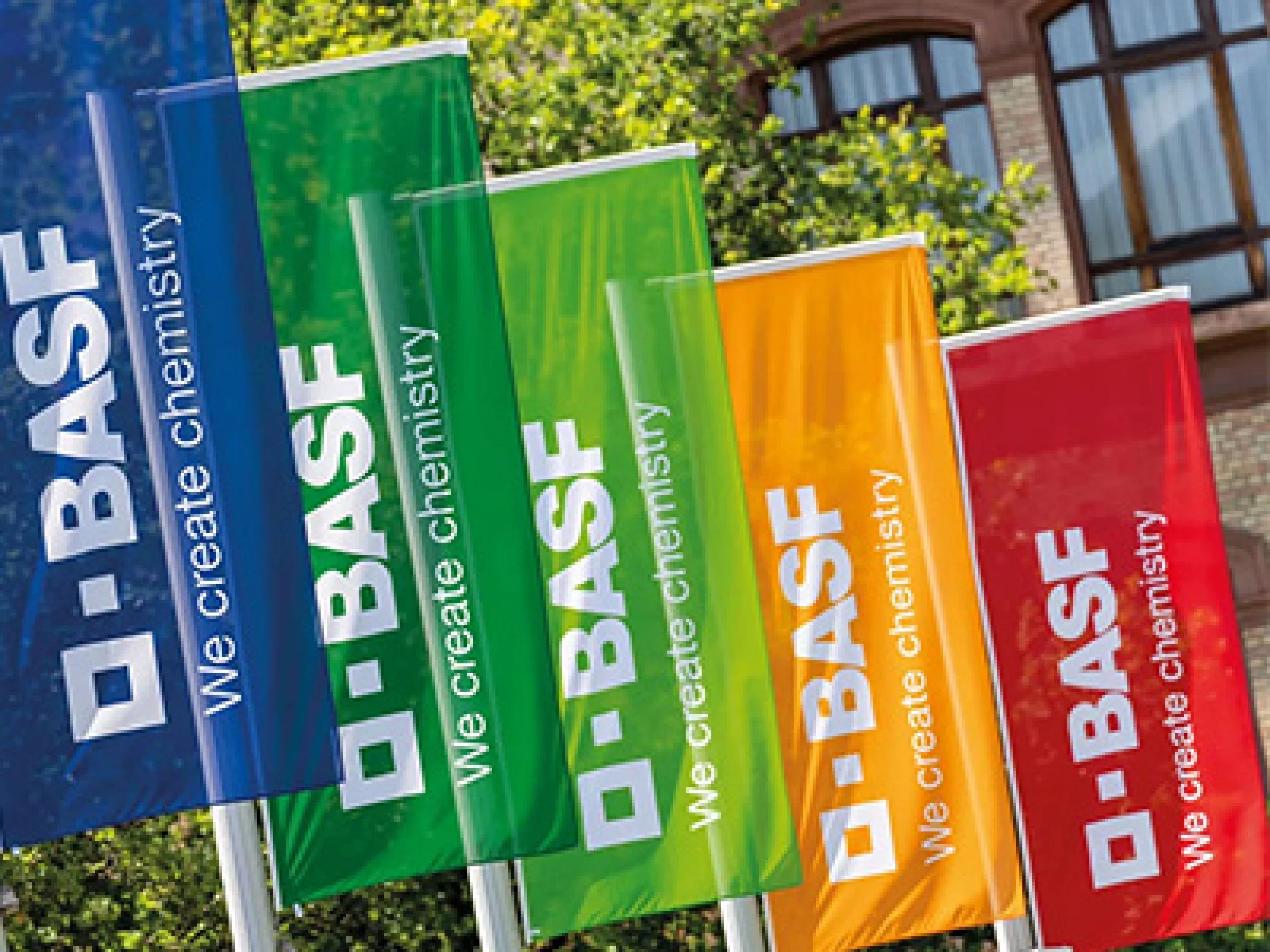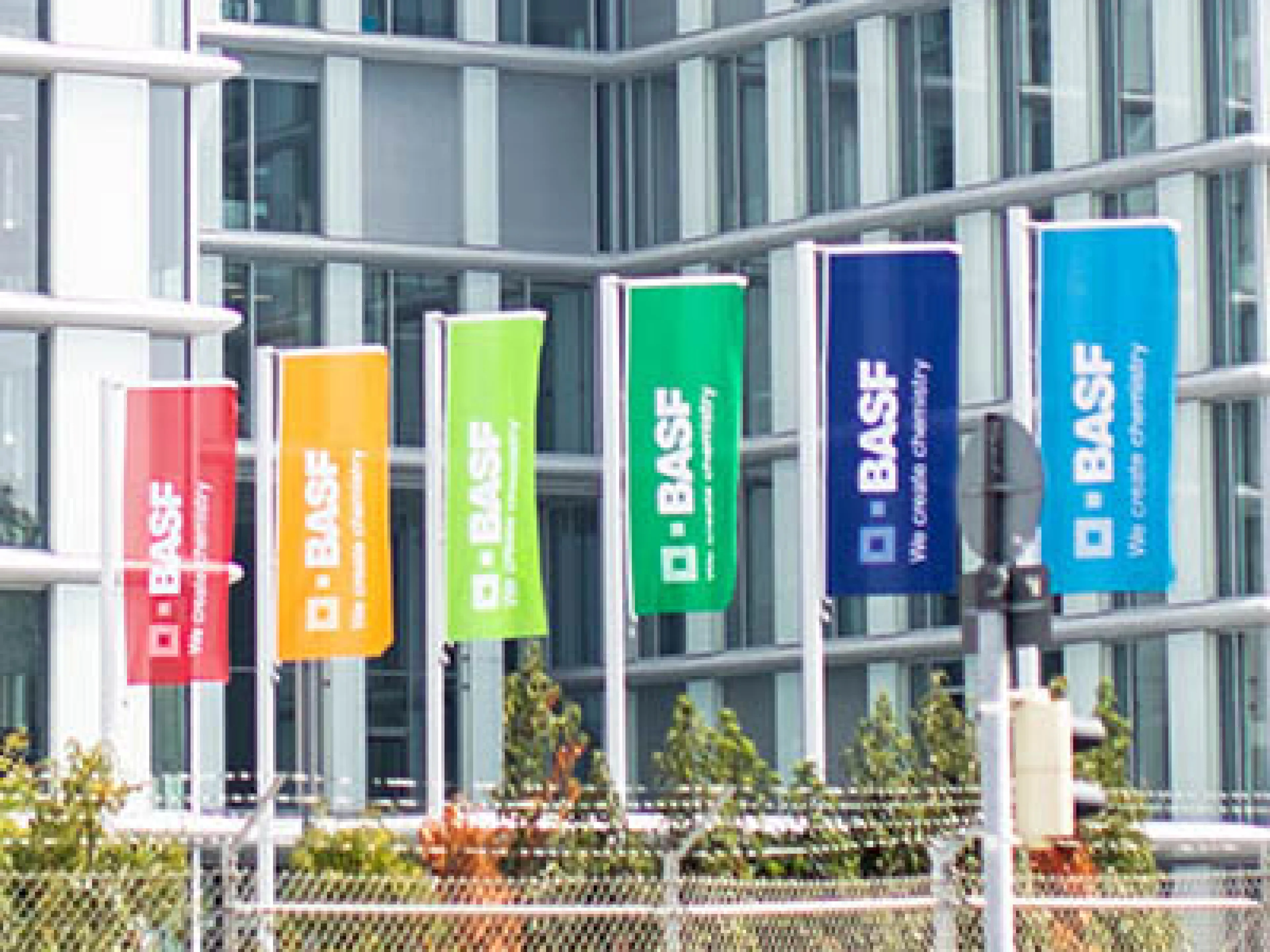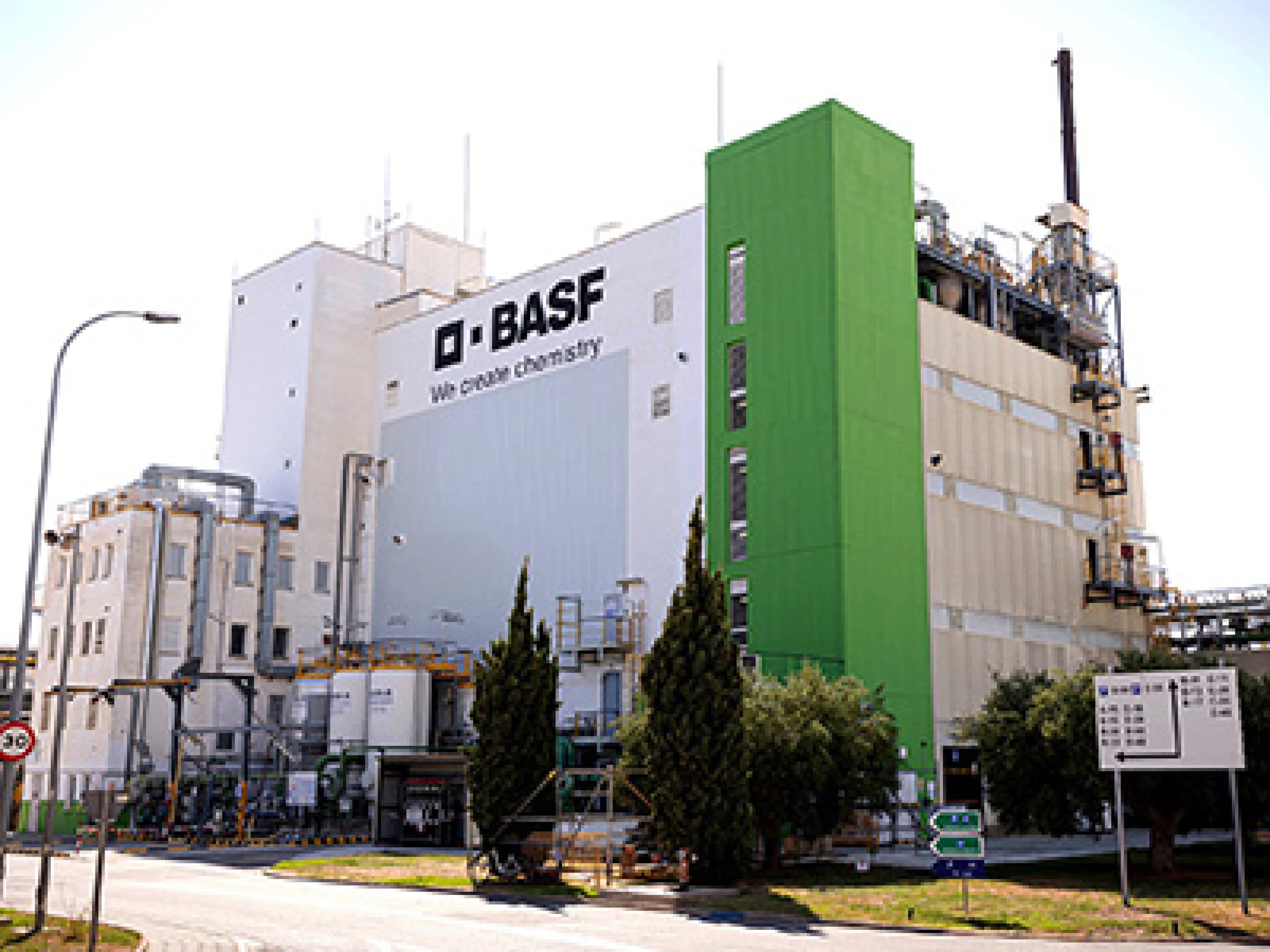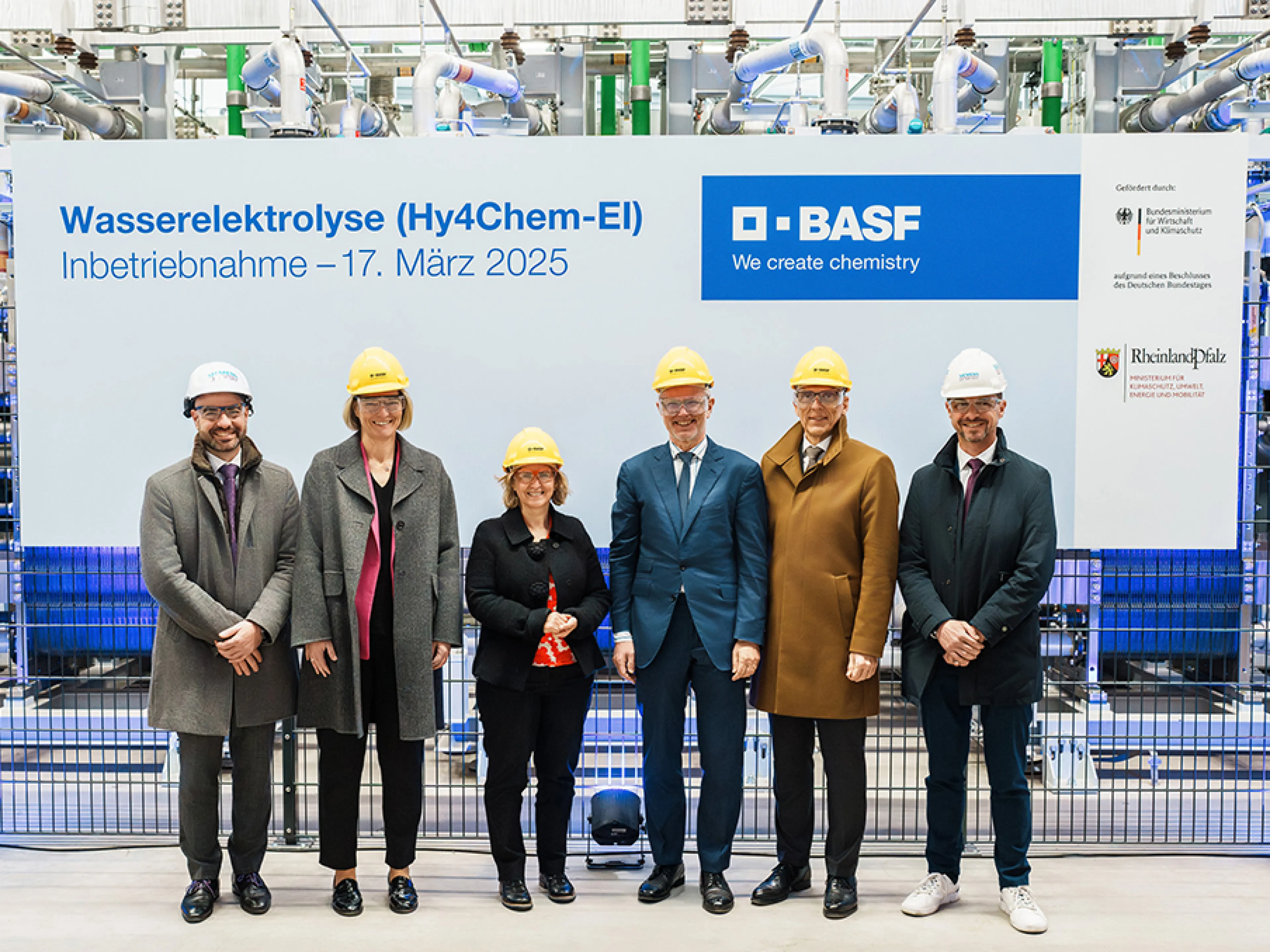
BASF has confirmed and specified its preliminary business results for 2024. BASF Group's sales for the full year 2024 amounted to €65.3 billion. This is €3.6 billion less than in the previous year, when the chemical company generated sales of €68.9 billion. Despite a slight increase in volumes, sales prices declined, with a steady price recovery in 2024 compared to the respective prior-year quarter. In addition, currency effects impacted sales development.
“We performed well thanks to the strong performance of our core businesses, which increased their EBITDA before special items by 18 percent compared with 2023,” says Dr. Markus Kamieth, Chairman of the Board of Executive Directors of BASF, when presenting the financial figures for 2024 together with Chief Financial Officer Dr. Dirk Elvermann.
EBITDA before special items slightly above previous year
Income from operations before depreciation and amortization and special items amounted to €7.9 billion. In 2023, Ebitda before special items was €7.7 billion. The increase compared with the previous year resulted from higher earnings in the core businesses, which were primarily volume-related. However, earnings momentum slowed considerably in the fourth quarter of 2024, particularly in the Chemicals segment. As a result, the low ebitda before special items in the final quarter of 2023 was only slightly exceeded in this segment. The Agricultural Solutions segment significantly increased its contribution to ebitda before special items in the final quarter compared with the same period of the previous year.
Operating result of BASF below previous year due to special items
Earnings before interest and taxes (EBIT) amounted to €2 billion, a decline of €206 million from the previous year. The main reasons for the decline are non-cash impairments, primarily for battery materials in the Surface Technologies segment. In addition, there were restructuring expenses in all segments. BASF is making good progress with the announced restructuring measures. They account for a significant portion of the special items.
Net income of BASF exceeds 2023
Net income after taxes and non-controlling interests amounted to €1.3 billion, compared with €225 million in 2023. Income from investments increased by €798 million to €897 million. This is mainly due to higher earnings contributions from non-integral shareholdings accounted for using the equity method. This results in particular from a gain of €390 million on the sale of assets from Wintershall Dea to Harbour Energy.
Status of the cost-cutting programs
“We are well on track to achieve the targeted €2.1 billion annual cost savings by the end of 2026,” said Elvermann, commenting on the progress in implementing the cost savings programs. “By the end of 2024, we already achieved a total annual cost reduction run rate of around €1 billion, of which around €100 million is related to the Ludwigshafen Cost Improvement Program announced in February 2024.” BASF incurred cumulative one-time costs of approximately €900 million related to the implementation of the cost savings programs by year-end 2024. This amount is about half of the total one-time costs BASF anticipates by the end of 2026. By then, the company aims to have concluded all programs and will benefit from the full amount of savings on an annual basis.
BASF Group’s outlook for 2025
In 2025, the BASF Group’s EBITDA before special items is expected to increase to between €8 billion and €8.4 billion. All segments, with the exception of Chemicals, are likely to contribute to the increase in earnings. In particular, earnings in the Petrochemicals division will be impacted by rising fixed costs in connection with the startup of the new Verbund site in China and scheduled turnarounds.
CO2 emissions are expected to be between 16.7 million metric tons and 17.7 million metric tons in 2025 after 17 million metric tons in 2024. The company anticipates additional emissions compared with the previous year from higher forecast production volumes based on rising demand. BASF will counteract this increase with targeted measures to reduce emissions, such as increasing energy efficiency and optimizing processes, as well as continuing the shift to electricity from renewable energies.
